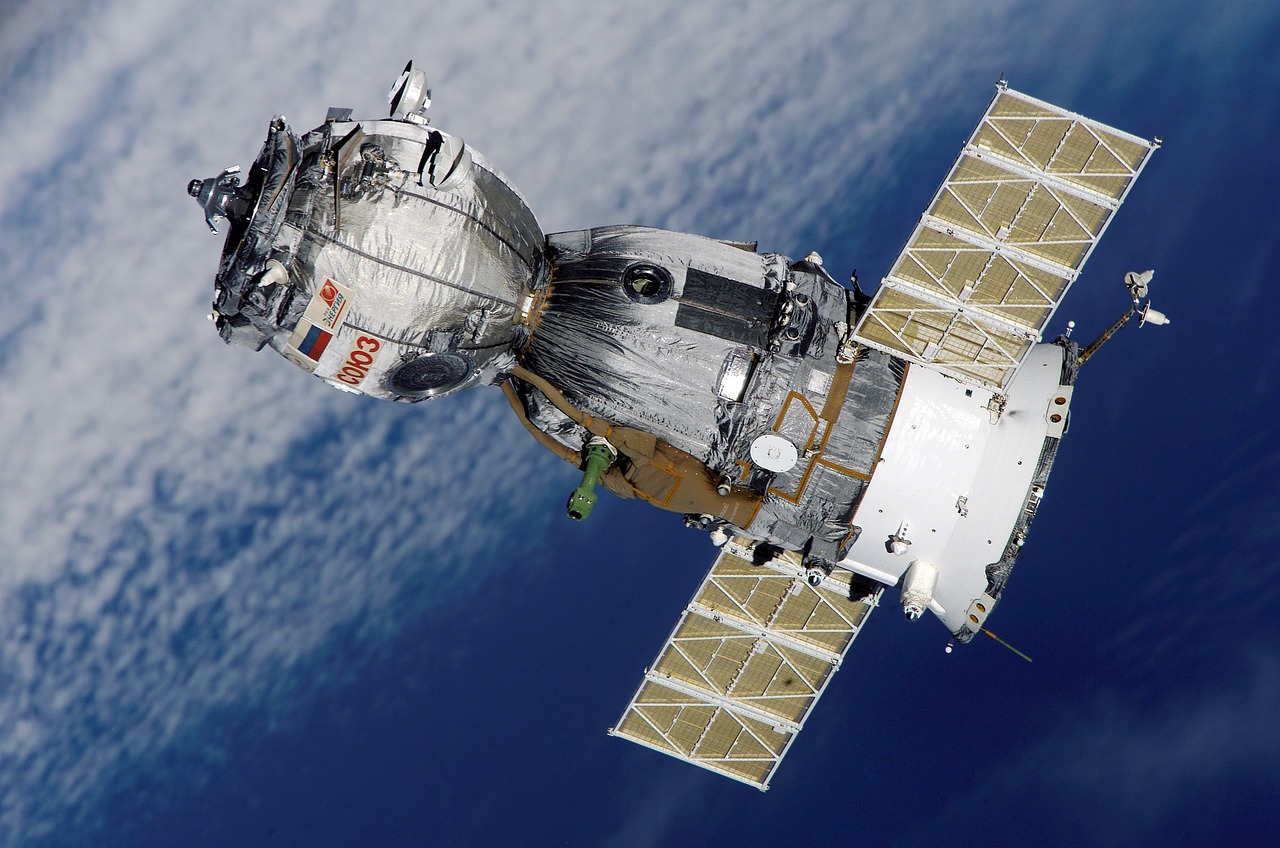Navigating Legal Challenges in Space Exploration
Introduction: As humanity ventures further into the cosmos, a new frontier of legal complexities emerges. From property rights on celestial bodies to liability for space debris, the field of space law is rapidly evolving. This article explores the intricate legal landscape of space exploration, examining current regulations, international treaties, and the challenges that lie ahead as we push the boundaries of human presence beyond Earth.

The Outer Space Treaty and Its Limitations
The Outer Space Treaty remains the cornerstone of international space law. It establishes outer space as the province of all mankind and forbids claims of sovereignty over celestial bodies. However, as space exploration has advanced, the treaty’s broad principles have proven insufficient to address modern challenges. Issues such as commercial space activities, resource extraction, and space debris were not anticipated when the treaty was drafted. This has led to calls for updated international agreements to address these emerging concerns.
Commercial Space Activities and Property Rights
The rise of private space companies has introduced new legal questions regarding property rights and commercial activities in space. While the Outer Space Treaty prohibits national appropriation of celestial bodies, it does not explicitly address private ownership or resource extraction. The United States passed the Space Resource Exploration and Utilization Act in 2015, which aims to protect the rights of U.S. citizens to own and sell space resources. This unilateral move has sparked debate over the interpretation of international space law and the need for a global consensus on space resource utilization.
Space Debris and Liability
As Earth’s orbit becomes increasingly crowded with satellites and debris, the issue of liability for damage caused by space objects has gained prominence. The 1972 Liability Convention establishes that launching states are liable for damage caused by their space objects. However, determining fault and enforcing liability in the complex orbital environment poses significant challenges. The growing threat of space debris collisions has led to calls for more robust international regulations on space traffic management and debris mitigation.
Planetary Protection and Environmental Concerns
As missions to Mars and other potentially habitable worlds become more frequent, the legal and ethical considerations of planetary protection have come to the forefront. Current international guidelines aim to prevent biological contamination of other celestial bodies and protect Earth from potential extraterrestrial microbes. However, these guidelines are not legally binding, and their implementation varies among space agencies. The balance between scientific exploration and preservation of pristine extraterrestrial environments presents a unique legal and ethical challenge for the international community.
The Future of Space Law
As space activities continue to expand and diversify, the need for a comprehensive and adaptable legal framework becomes increasingly apparent. Efforts are underway to develop new international agreements addressing issues such as space resource utilization, debris mitigation, and space traffic management. The establishment of the United Nations Office for Outer Space Affairs (UNOOSA) has provided a forum for ongoing discussions on these topics. However, reaching consensus among nations with diverse interests and capabilities in space remains a significant challenge.
In conclusion, the field of space law stands at a critical juncture as humanity’s presence in space continues to grow. The existing legal framework, while foundational, struggles to keep pace with rapid technological advancements and emerging commercial interests. As we move forward, the development of space law will require careful balancing of national interests, scientific exploration, commercial opportunities, and the common heritage of mankind. The legal challenges of space exploration present a unique opportunity for international cooperation and the creation of a robust legal framework that can guide humanity’s expansion into the cosmos for generations to come.






